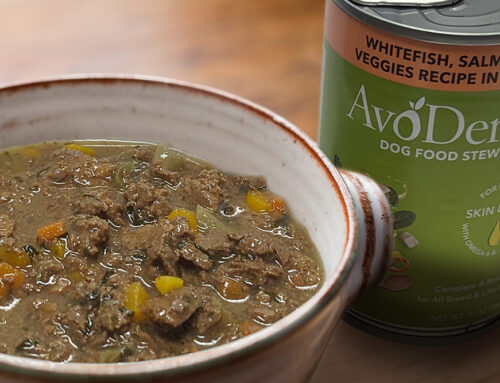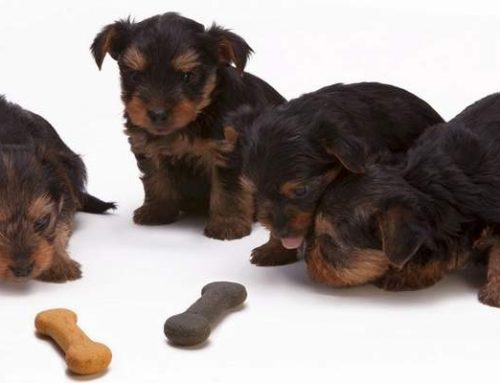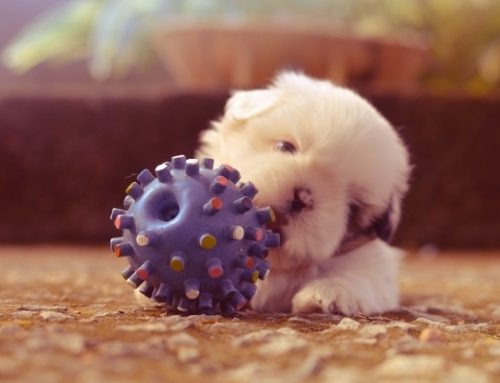When you considered adopting a dog, picky eating habits were the last of your concerns. All you needed to do was portion their food out during the day to help them avoid gobbling down more they can handle. That’s the best way to prevent an upset stomach.
But what do you do when your dog doesn’t want to eat its food anymore? Perhaps you fed it one too many table scraps, and now it’s obsessed with human food. Plus, some dogs may get into the trash. Your dog’s food must taste better than that, at the very least.
Some dogs, unfortunately, just have unhealthy eating habits, and many of the reasons why have nothing to do with the taste of their food. Picky eaters are actually quite common in the canine community, and the reason why really comes down to one question:
Why is my dog a picky eater?
Is picky eating a habit or health concern? Take the time to examine your dog’s dietary habits, especially when it comes to consuming human food. Do you feed your dog scraps under the table? When your dog was a puppy, did you switch out their food several times to find the right fit? If so, you’ve encouraged your dog to train you instead of training your dog to behave in a natural way—by eating the food that’s available to them.
Now, they’ve become accustomed to waiting for something better to come along. Whether it comes in the form of treats, bones or leftovers from your plate, they simply want to eat something better. They aren’t starving, so they’re more than happy to hold out and see what’s to come.
The best way to know if your dog’s eating habits are an indicator of an underlying health issue is to assess their behavior over time. If your dog was once an open-minded eater and has now changed their behavior, that is a sign of a bigger problem. Other signs include weight loss, vomiting and upset stomach. When these symptoms combine, it’s important to take your pet to the vet right away to identify the real problem and avoid dehydration.
Picky Eaters Vary by Breed
Any breed of dog can become a picky eater over time. For most dogs, this is a bad thing. However, there are some breeds that need to be selective about their meals to avoid certain health conditions.
For instance, bulldogs benefit from a diet that focuses on skin toughness to keep their skin from getting irritated or inflamed with all those wrinkles. Golden retrievers would benefit from a diet that helps their joints grow strong. Breeds such as dachshunds and corgis need help keeping off the pounds to avoid severe back pain, and a diet that keeps them slim will be good for their health.
Why Nutrition Matters for Picky Eaters
Somewhere between 40 and 50 percent of dogs are overweight. We know the kind of stress being overweight puts on the human body, and the same goes for animals.
All living things require a certain balance of protein, carbohydrates, fats, vitamins, minerals and water every single day to be able to properly function. That’s why we use avocados in our dog food. They’re rich in folate, potassium, niacin, essential fatty acids and many other nutrients important for good skin and coat health as well as good overall health. High-quality pet food creates the best combination of these needs with a tasty twist that encourages your pet to eat.
When in the dog food aisle, you’ll notice a variety of brands offering different aspects of health for your dog. Take age into consideration when purchasing pet food — examine what your pet needs most at different stages of their life.
Take the time to put your dog on a healthy diet and avoid spoiling their appetite with too many treats. This will ensure that your pet lives a long and healthy life.
Remedies for Picky Eaters
If your dog is a picky eater due to the way they were raised, it’s not too late to turn their behavior around. You may feel like a mean pet owner during the process, but it’s important to remember that it’s just like taking them to the vet or giving them a bath. They may not love it, but it’s for their own good.
First and foremost, stop yourself from feeding them from your plate. Human food is not nutritionally balanced enough for dogs to use as their main source of food, and if your dog is trained to believe that there is better food coming every day, they will continue to wait and see what you have.
Next, limit the amount of time you make their food available to them. It may sound silly, but the best way to handle a picky dog is to feed them twice per day, leaving the food down no longer than 30 minutes. Over time, this should get your dog to understand that it’s now or never when their food is placed in front of them. If they are hungry, they will eat.
If you find that these tips aren’t working, consult your veterinarian to see what else could be wrong. If they recommend a food switch, be sure to change them over gradually, mixing the two foods together over time to avoid an upset stomach.
Owning a dog can be quite the roller coaster. On one day, everything might appear fine and they’re eating like normal. The next day, they’re refusing to eat and you’re having to go through the headache of behavior and diet changes. Stay vigilant! Through all the changes, one thing remains the same — your dog loves you and would thank you if they could for all the great care you’re giving them.





